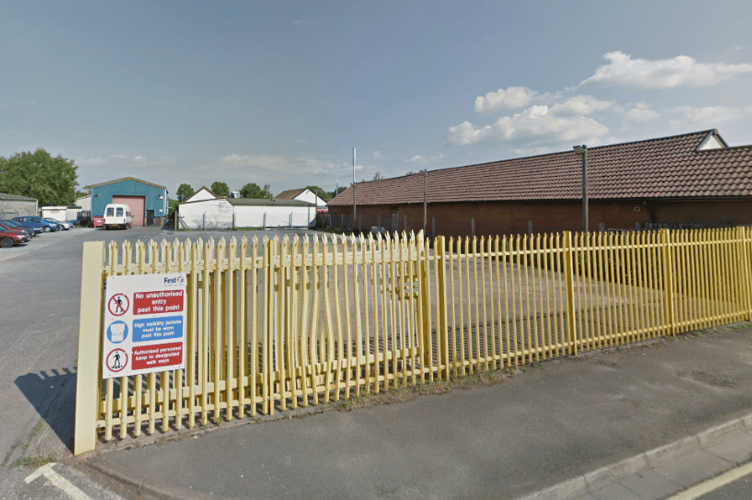PREPARATIONS by First Bus have begun to allow the company to operate electric buses on routes in West Somerset.
The company has applied for planning permission to install the electric infrastructure and charging points it will need in its depot off Brunel Way, Minehead, on the town’s Mart Road industrial estate.
First Bus announced earlier this year that it was investing £12.5 million in an electric fleet, with a further £2.2 million coming via a Government grant to Somerset Council.

The electric buses will be used on five routes out of Taunton, including the No 28 service to Minehead.
Zero-emission buses will eventually replace older diesel vehicles, meeting enhanced accessibility standards and including on-board wi-fi and USB charging sockets.
Each new electric bus is expected to save up to 60 tonnes of tailpipe emissions per year.
First Bus South managing director Simon Goff said he was delighted to support cleaner, greener, travel in Somerset.
Planning agent Andrew Burrell, of Janus Architecture, said work on the Minehead depot would include a new connection to the local power network with a transformer housing and feeder panel.
Mr Burrell said there would also be chargers of various sizes situated around the 15,000 sq ft depot to provide power connections for the new buses.
He said the company’s existing workshop, bus washing, and fuelling facilities on the site would remain unaltered.

Mr Burrell said: “The buses will still be maintained, fuelled, and washed in the same locations and the bus parking layout will generally remain as the current set-up.
“The proposal is to provide the required infrastructure to charge a fleet of electric buses on the site.
“For this to be possible, the client will require a new power supply to the site, greater than the one currently provided.
“A transformer and a feeder panel will be needed to convert incoming power so that it can be used by the bus chargers located around the site.
“The proposed electric bus parking plan shows 12 buses.
“These works will be carried out over a number of years depending on demand, so there will be a mixture of electric and diesel buses on site for the foreseeable future so the overall number of buses on the site is not envisaged to decrease.”
Mr Burrell said First Bus had already carried out several similar installations elsewhere in the country.
He said the charging units would be floor mounted and did not need planning permission because they were less than eight feet in height and therefore qualified as ‘permitted development’.
Depot bus movements would be unaltered, with a majority of bus traffic occurring outside of the typical highway peak hour periods, so there would be no impact on the existing access.
Mr Burrell said information provided by the supplier showed a maximum sound level for the transformer which was only just above normal conversation levels, but were typically much lower and almost silent.
He said: “Therefore, we consider the installation will not have any impact on existing noise levels.”




